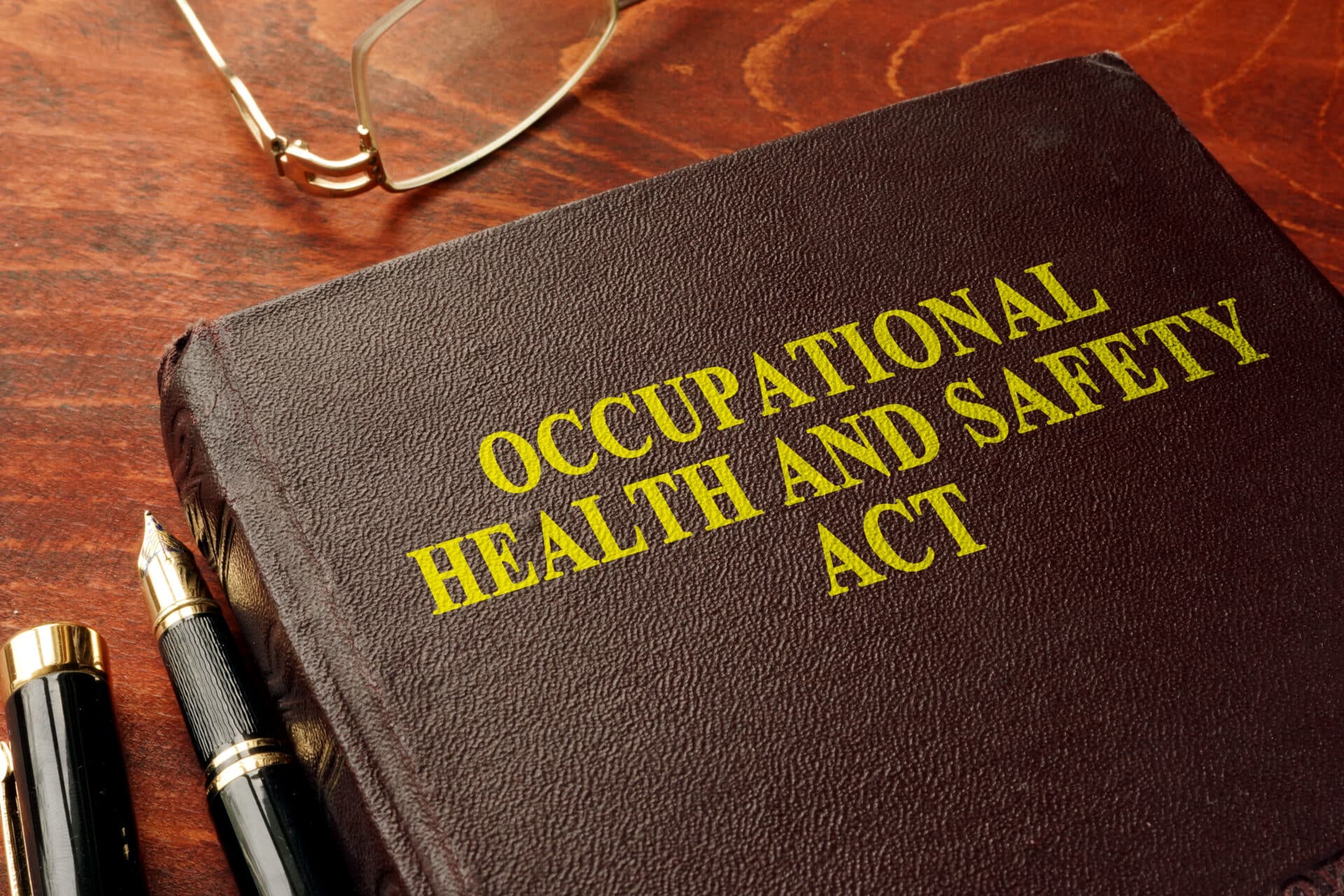How to Protect Outdoor Workers from Hazardous Plants
If your employees perform outdoor work, you must take safety precautions to protect them from hazardous plants. Contact with hazardous plants, such as poison ivy, poison oak, and poison sumac, can cause allergic reactions. Exposure to some toxic plants, such as giant hogweed, can lead to severe burns and even blindness. It is critical that...













